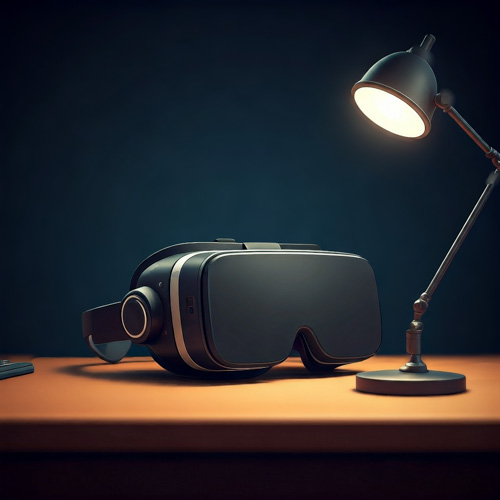Many have reached for an energy drink to combat fatigue or meet deadlines. These drinks often contain taurine, a naturally occurring amino acid also found in meat, fish, and eggs, which our bodies produce. Taurine has even been explored for its potential to ease some chemotherapy side effects. However, a recent study from the University of Rochester Medical Center reveals a possible downside, especially for those at risk of or living with leukemia.
The research, published in Nature, indicates that taurine fuels the growth of leukemia cells. Scientists discovered that leukemia cells in the bone marrow, where these blood cancers start, cannot produce taurine themselves. Instead, they actively absorb it from their surroundings using a specific transporter protein. This taurine uptake then promotes glycolysis. Glycolysis is the process where cells break down glucose for energy, a process that rapidly growing cancer cells heavily rely on.
In lab models and human leukemia cell samples, researchers found that blocking this taurine “fuel line” slowed cancer progression and improved survival rates. Combining the taurine uptake inhibitor with venetoclax, an existing leukemia drug, showed even more promise.
Dr. Jeevisha Bajaj, the lead investigator, expressed excitement about these findings. She suggested that “targeting uptake by myeloid leukemia cells may be a possible new avenue for treatment of these aggressive diseases.” While this research is in its early stages, it raises a critical point. Taurine is common in energy drinks and sometimes used as a supplement by cancer patients for chemotherapy side effects. This study suggests caution and the need for further investigation into its use, particularly for individuals with leukemia.
Implications for Generation X Health
For those in Generation X, who may be increasingly aware of their health and exploring supplements and dietary choices, this news is a reminder that seemingly harmless substances can have complex bodily effects. While energy drinks might have been a go-to during younger years, this research highlights the importance of staying informed about the potential impacts of common ingredients as we age and face potential health issues. It underscores the need for ongoing research and careful consideration of dietary supplements, especially with specific health conditions.
As we age, understanding the intricate ways our bodies interact with different compounds becomes more critical. This study on taurine and leukemia marks a significant step in that direction. It urges both the medical community and individuals to consider potential risks alongside perceived benefits.









